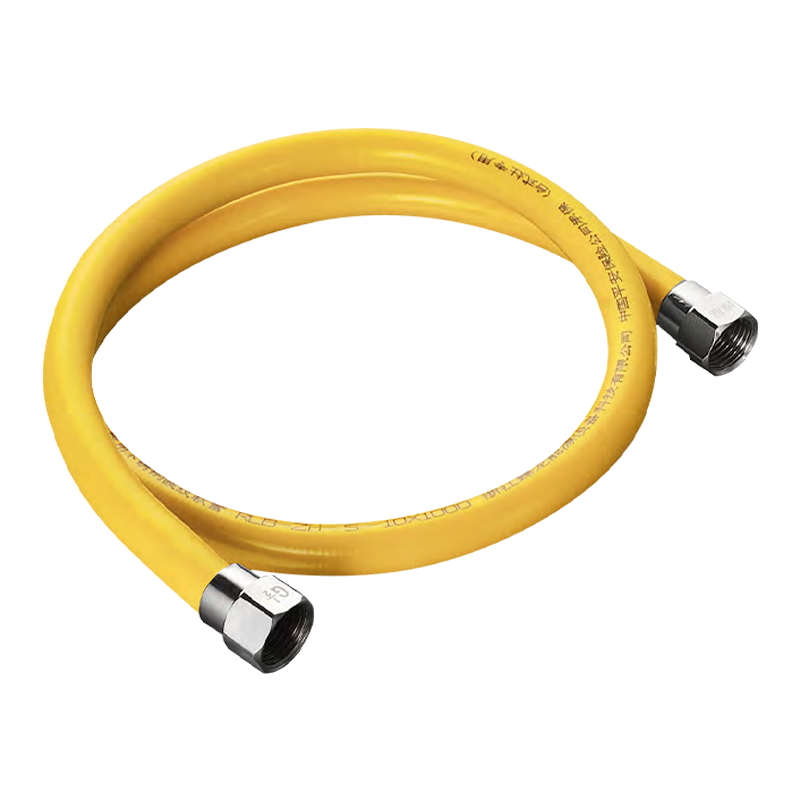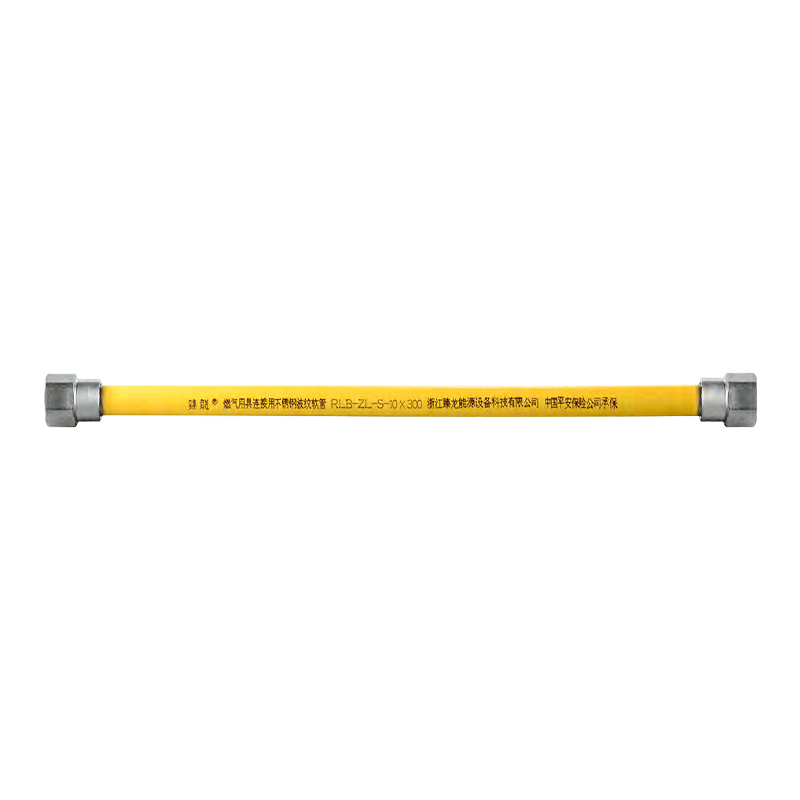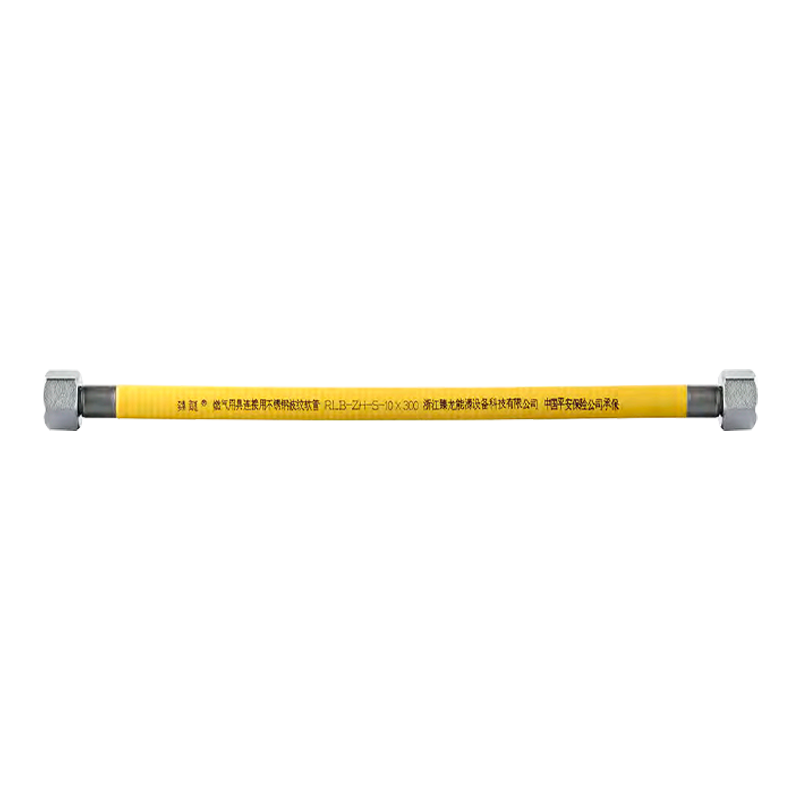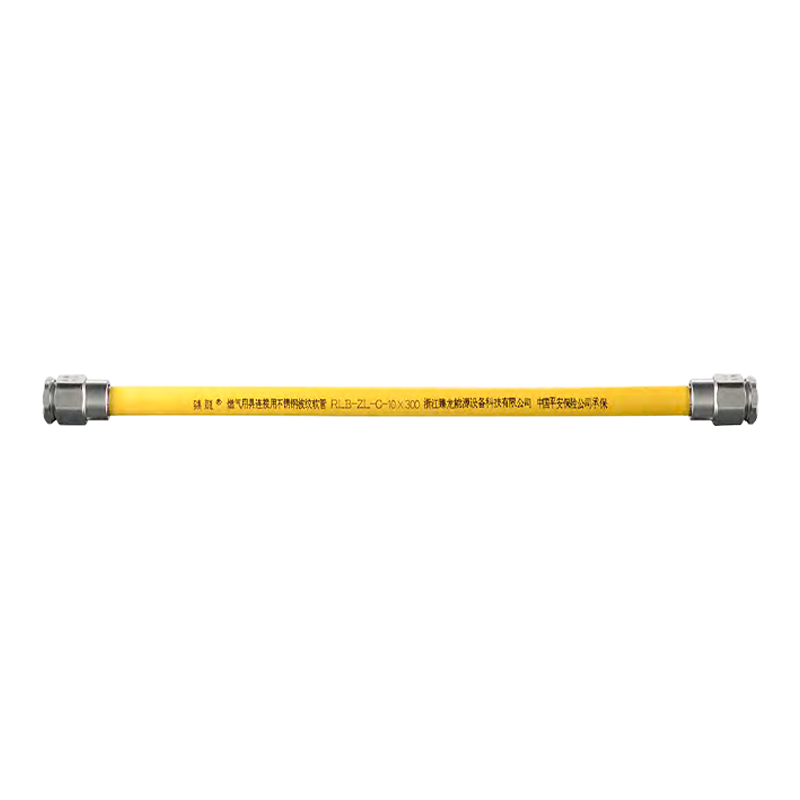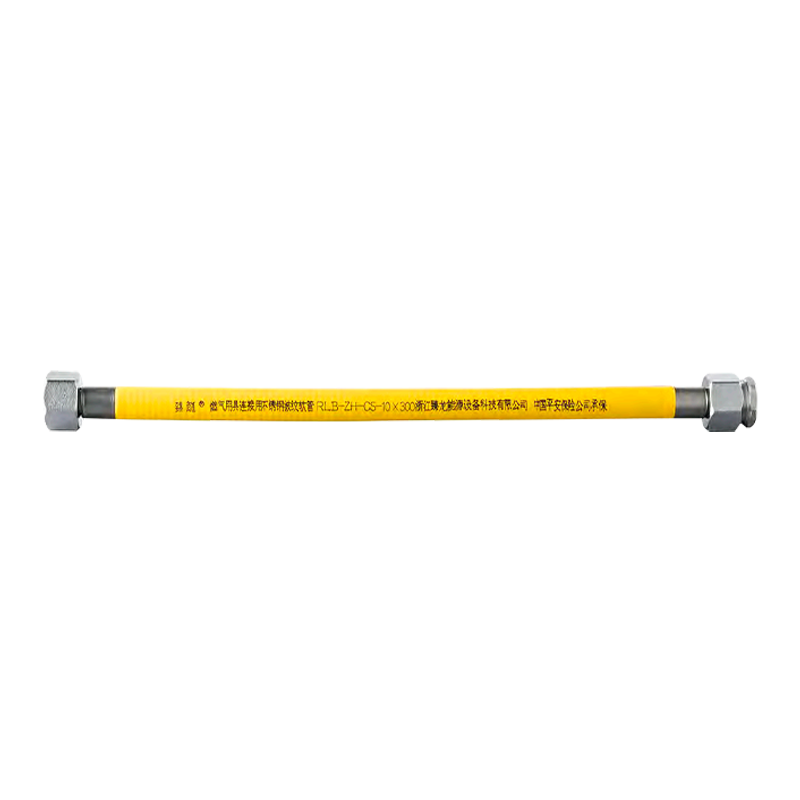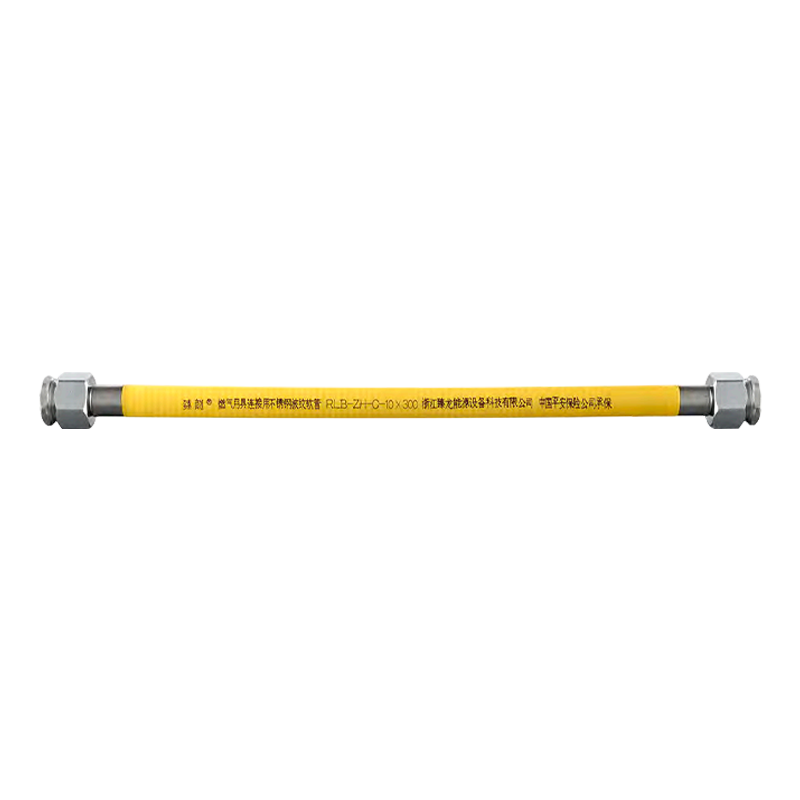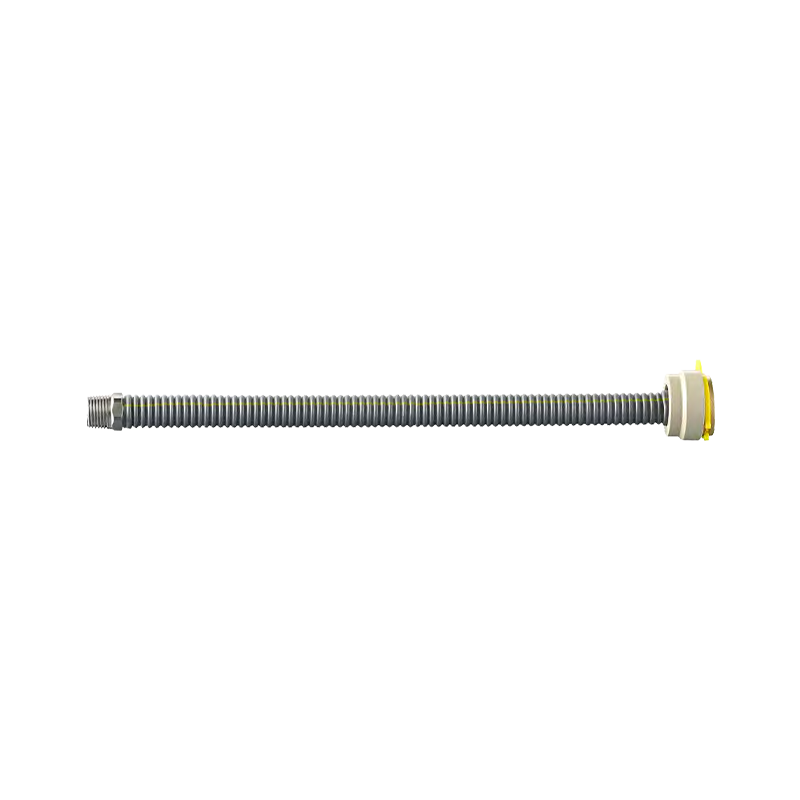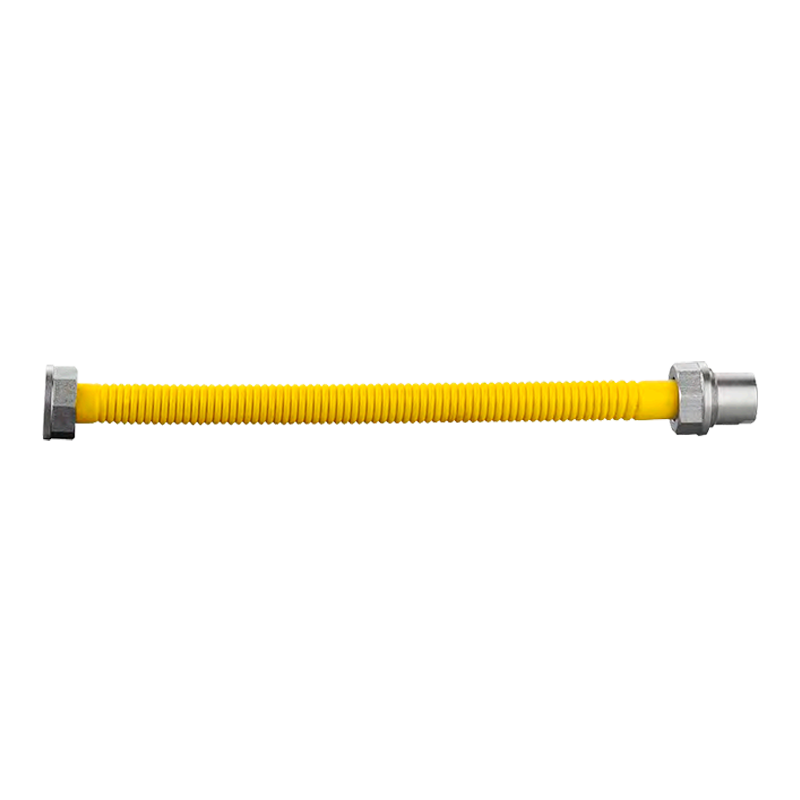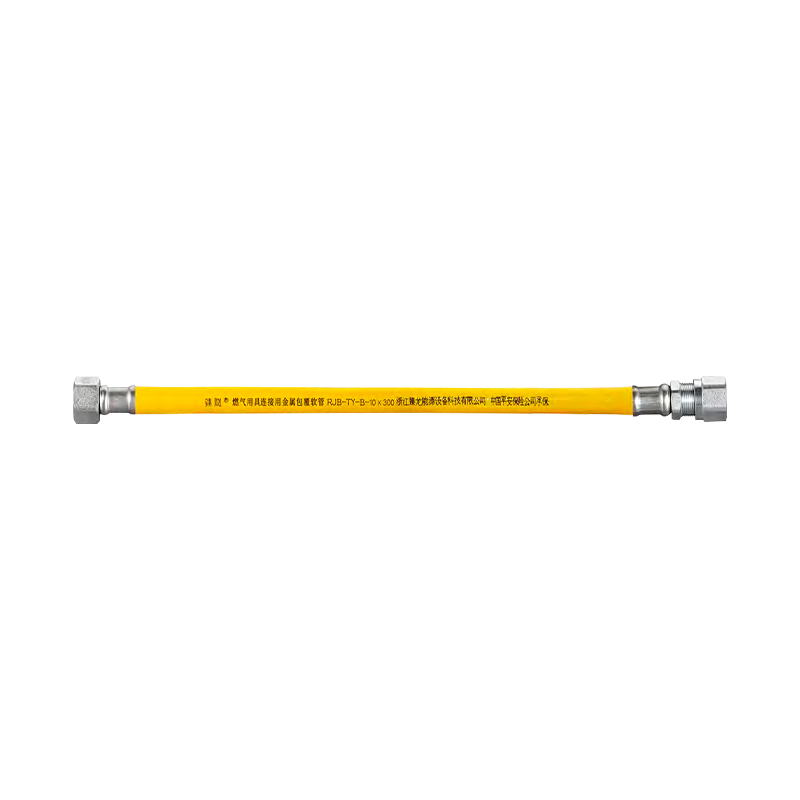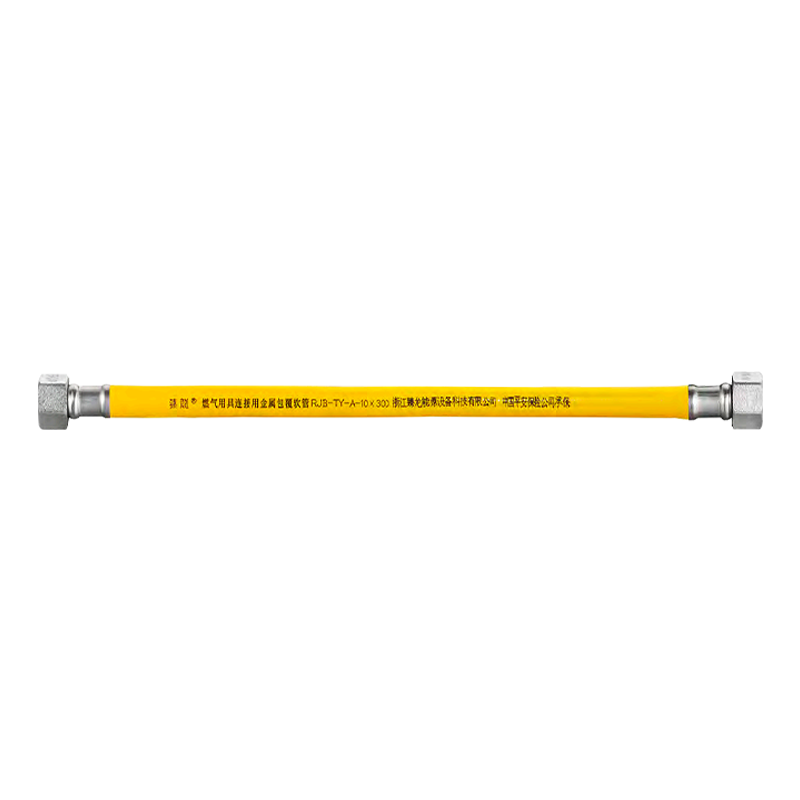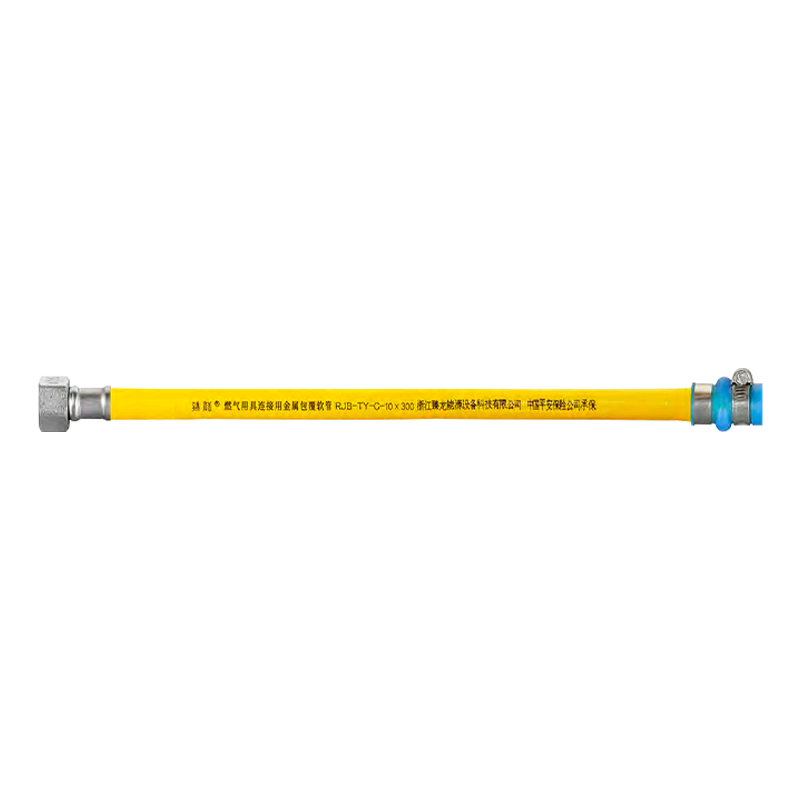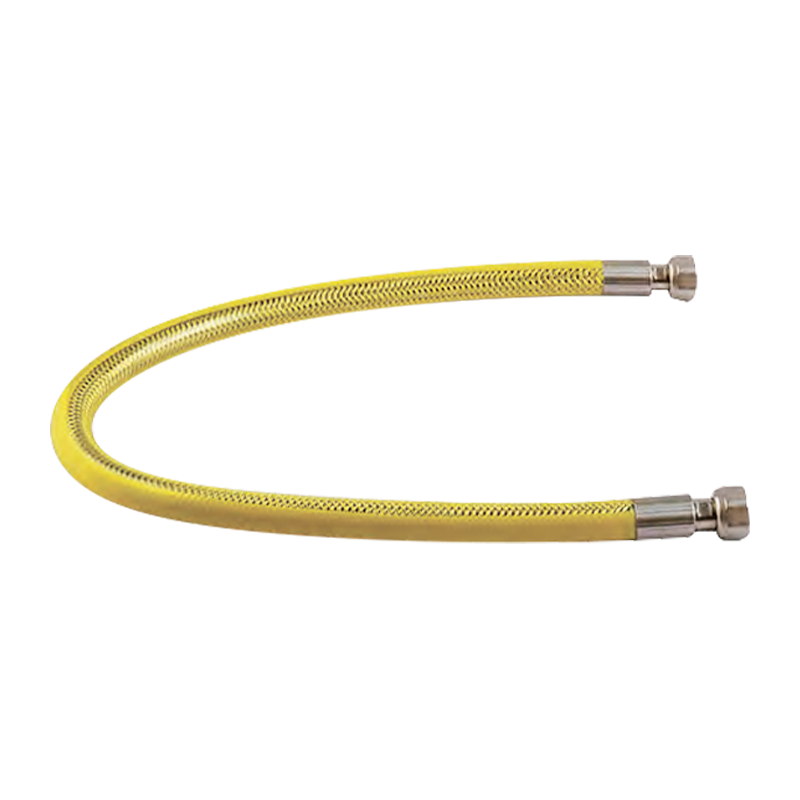Content
1. Daily Use and Operation Precautions
Frequent Ventilation: Any space where gas is used must maintain good air circulation. Especially when using a gas water heater, ensure adequate ventilation to prevent carbon monoxide poisoning.
Flame extinguishing when away from home: When using gas, stay close to prevent spillage of soup or small flames from being blown out by wind, potentially causing gas leaks.
Valve Closing Habits: Before going out for extended periods or before going to bed, it is recommended to close the main valve at the gas meter. After daily use, close the stove valve (the valve at the hose connecting the stove) and the stove valve.
Hose Inspection: Regularly inspect the rubber hoses connecting the stove and water heater for:
Aging, cracking, or signs of rat gnaws;
Looseness, detachment, or excessive length (recommended no more than 2 meters).
We recommend using metal bellows, which are safer and have a longer lifespan.
Use compliant stoves: Always use a certified gas stove with a flameout protection device. If the flame goes out unexpectedly, the device automatically shuts off the gas supply. National regulations stipulate that the service life of gas stoves is generally eight years; exceeding this limit poses a safety hazard.
2. Renovation and Remodeling Precautions
No Unauthorized Modifications and Connections: Never install, modify, or dismantle gas pipes or equipment on your own! This is a major cause of gas accidents. This must be performed by qualified professionals.
No Sealing Pipes: Gas pipes (including valves) must not be completely enclosed within walls, cabinets, or ceilings. Adequate space for inspection and maintenance must be provided, and ventilation must be ensured.
No Use as a Load-Bearing Support: Do not hang debris or heavy objects on gas pipes, as this can cause pipe deformation, loose connections, and leaks.
Maintain a Safe Distance: Gas pipes must maintain a safe distance (generally recommended to be at least 15 cm) from electrical equipment, power outlets, etc. to prevent sparks from igniting leaking gas.
Use Different Gas Sources Differently: Natural gas, liquefied petroleum gas, and manufactured gas stoves and water heaters must not be used together. Use equipment specifically designed for the gas source type.
3. Leak Emergency Procedures (Remember!)
If you smell a gas odor similar to "rotten eggs" (the gas company has added an odorizer), remain calm and immediately follow the steps below:
Immediate Ventilation: Quickly open all doors and windows to allow air circulation and reduce the gas concentration indoors.
Strictly Prohibit the Use of Open Flames and Electrical Appliances: Absolutely do not turn on or off any electrical appliances (such as lights, exhaust fans, doorbells, cell phones, etc.). Even the slightest spark can cause an explosion.
Do not use lighters, matches, or any other open flames indoors.
Close the Valve: Immediately close the main valve in front of the gas meter to shut off the gas supply.
Evacuate the Area: Quickly evacuate your family and neighbors to a safe area outdoors.
Signal an Alarm Outdoors: Go to a safe area outdoors, away from the leak, and call the gas company's emergency service number or 119 Fire Department.
4. Regular Inspection and Maintenance
Regular Self-Inspection: Apply soapy water or dishwashing liquid to gas pipes, valves, and joints. If bubbles appear, it indicates a leak. Professional security inspection: actively cooperate with the gas company's regular home safety inspections, and promptly identify and deal with

 English
English 中文简体
中文简体 Español
Español عربى
عربى


